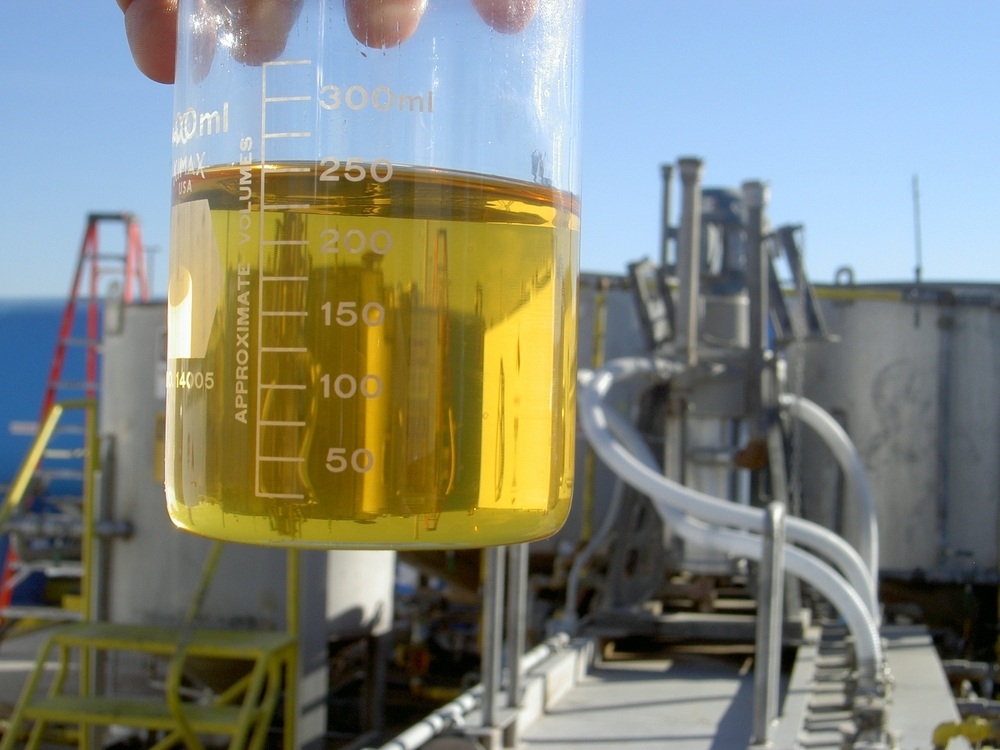The U.S. Energy Information Administration (EIA) is seeking public comments on several changes it intends to make within its Petroleum Supply Reporting System (PSRS), including those related to data collection on biofuels.
3 Year Extension Requested
In December, EIA published a notice in the Federal Register requesting a three-year extension for the PSRS and outlining several changes it intends to make. The agency explains that the PSRS consists of six weekly surveys that make up the Weekly Petroleum Supply Reporting System, eight monthly surveys and one annual survey.
According to the U.S. Environmental Protection Agency (EPA), the weekly petroleum and biofuels supply surveys collect data on petroleum refinery operations, blending, biofuels production, inventory levels, imports of crude oil, petroleum products, and biofuels from samples of operating companies.
The monthly and annual petroleum and biofuels supply surveys collect data on petroleum refinery operations, blending, biofuels production, natural gas plant liquids production, inventory levels, imports, inter-regional movements, and storage capacity for crude oil, petroleum products and biofuels.
For most data collection forms, the EIA is proposing to change the unit of measurement from thousands of barrels to barrels.
Enjoying our insights?
Subscribe to our newsletter to keep up with the latest industry trends and developments.
Stay Informed“Petroleum and biofuel supply surveys are increasingly being used to track relatively small-volume products, such as E85 motor fuel and biofuels,’’ EIA said in notice. “In these cases, rounding to the nearest thousand barrels fails to capture reportable activity because the quantities are too small to round up to 1,000 barrels (i.e. fewer than 500 barrels) for a given period.”
Form EIA-809 Exception
An exception to this change would be Form EIA-809, where volumetric data on fuel ethanol will continue to be collected in gallons.
For several data collection forms, the EIA is proposing to reduce the number of separate finished motor gasoline products from nine to six and reorganize motor fuel categories to track ethanol blending. The proposed six categories are gasoline not blended with ethanol (E0), gasoline blended with ethanol up to E10, mid-blend gasoline of more than E10 to E50, flex-fuel blends of E51 to E83, reformulated blend-stock for oxygenate blending, and motor gasoline blending components. EIA said the changes would emphasize the ethanol content of motor fuel and provide more relevant data for current energy policy decisions.
Another change would alter forms EIA-802 and EIA-804 to add collection of total biofuels and renewable fuels, excluding ethanol.
“Biofuels are increasingly important sources of U.S. fuel supplies. EIA has extensive weekly data for ethanol and needs additional weekly biofuel data to ensure that weekly fuel supply data are complete,” EIA said in its notice.
Regarding reporting on EIA-809, the EIA is also proposing to discontinue separate reporting of denatured and non-denatured fuel ethaoilnol, and will instead report production and week-ending stocks of total fuel ethanol including denatured and non-denatured fuel ethanol as a single category.
“The separate reporting of denatured and non-denatured ethanol causes confusion among survey respondents and data quality issues,” said the agency in the notice. “IEA can assess ethanol supply conditions by collected total ethanol (combined denatured and non-denatured) production.”
In form EIA-810, the EIA is proposing to add a new section focused on the production of renewable fuels co-processed in refineries.
“EIA is collecting more detailed information in this section because the number of U.S. refiners processing renewable feedstocks with petroleum is increasing,” the agency said.
Consumption of Feedstocks
Another new section to the form will focus on the consumption of feedstocks for renewable fuels production. It will collect data on consumption of renewable feedstocks co-processed with petroleum in refineries.
“These data are required in order for EIA to provide a comprehensive accounting for renewable feedstocks for biofuel production,” EIA said.
Under form EIA-812, the changes would replace the three current biofuel reporting categories of biomass-based diesel fuel, other renewable diesel fuel, and other renewable fuels to the categories of biodiesel, renewable diesel fuel, renewable heating oil, renewable jet fuel, renewable naphtha and gasoline, and other renewable fuels and intermediate products.
“These changes clarify the products and will improve the utility of U.S. and regional data by collecting data on the specific types of renewable fuels that are growing increasingly more important in petroleum operations,” EIA said.
Similar category changes will also be made in form EIA-815.






















